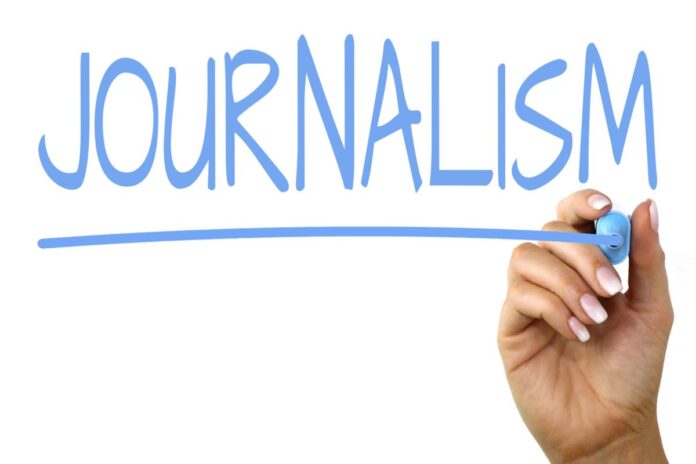As a current ProPublica Emerging Reporter, I am participating in a year-long fellowship for journalists of color in college. As I am not majoring in journalism like many other students in this program, I was nervous about attending the National Institute for Computer-Assisted Reporting (NICAR) Conference this year. I traveled to Nashville, TN from Mar. 1-5 for this conference and I went in with an open mind. I was looking forward to this opportunity to connect with journalists from around the country, and to gain more industry perspectives as I decide where to attend journalism school after graduating this May.
Going into the conference, ProPublica prepared the fellows with tips to succeed and how to network. I wrote everything down and attended as many sessions as I could, so I can share what I learned with my journalism community: The Muhlenberg Weekly.
- Be interested in everything, read as much as possible, and save it all for later. This applied to the conference in general, but also as I left Nashville and came back to my current work. During the conference, I attended panels that may not have been in my particular field but sounded interesting, like “How to investigate pay inequities at your workplace” or “QAnon in Europe: Tracing a viral conspiracy through social media.” Once I got home, I read a book I picked up at the conference called “Homelessness is a Housing Problem” by Gregg Colburn and took notes on how it will affect my reporting for the Allentown Voice. I plan to share these findings with my editor and use it to further propel my work on the affordable housing crisis in journalism school (j-school).
- When networking, have a goal in mind for the conversation. Ask questions, take notes and research who you are talking to beforehand, so you can know their work. It is important to make meaningful connections, not quantify these experiences.
- Talk to people around you. ProPublica told us to set a goal of meeting at least five people. For me, this included the professors I reached out to at one j-school and had coffee with, two students I met at the reception for first-timers, and a journalist I went up to after her panel and asked to talk about her work in the future.
- Lean into being a student (and in my case, a student of color). While at a lunch with journalists at ProPublica, I talked about the schools I’ve applied to and got into, and was asked about my current work, my graduation and what I’ve liked at the conference so far. I also asked these professionals where they started in the industry and if they had any advice for us as students.
- Follow up with everyone you meet. Send emails saying thank you, schedule those meetings in the future, or introduce yourself officially if you didn’t talk to them in person, but listened to them speak on an interesting panel.
- Data journalism isn’t as intimidating as it looks. Although I didn’t learn how to use R-Studio this weekend, I learned valuable tips and tricks from data journalists that apply to every story—like backing up your work (making incremental backups and two copies, or as many as possible).
- Log everything. Keep a detailed log of every task completed in every story, including who you contacted, when, and whether you got a reply. One demo showed that Notion can do this, but other recommended software include Airtable and Obsidian.
- Google Sheets is your friend. In dealing with data, you don’t have to learn how to code, but you can utilize a wide variety of features that are available. While at a training session about higher education data, I learned how to use Google Sheets to clean up data, make filters and use numbers to code categories.
- Numbers are poison in audio. The best way to convey statistics is by having someone else explain it, or by using your voice to repeat, emphasize and convey surprising information. Do the math for your listener, illustrate the concept with comparisons, and trust the listener to trust your reporting.
- There are stories lying in the data—you just have to find them. While at a session about using public data to uncover the hidden costs of the housing crisis, Juan Pablo Garnham of the Eviction Lab said that “The story is waiting to be found.” By digging through public records, such as those available through the Eviction Lab, there is potential for localization and replication of national stories in your own community.
Attending my first journalism conference was rewarding, as I saw up close how small the data journalism community is. I learned to talk to everyone around me—even on the plane, where I met a data reporter for Spotlight PA—and spent valuable time with the other seven fellows talking about our own work, college life and post-graduation plans. These connections will stay with me throughout my career. I hope that by sharing these tips, it will inspire readers to become writers, writers to become reporters, and reporters to become professional journalists. If you have any interest in talking more about NICAR and/or anything else my email is acaban-echevarria@muhlenberg.edu and I’d be happy to hear from you!






















